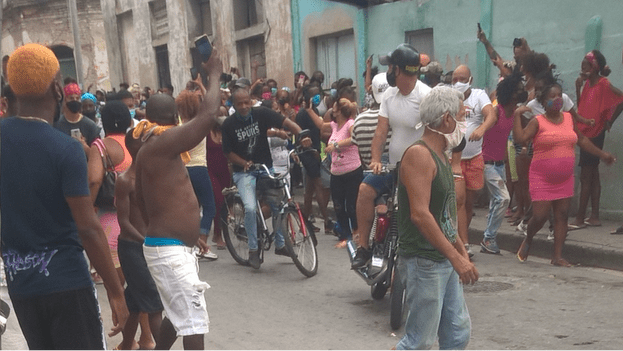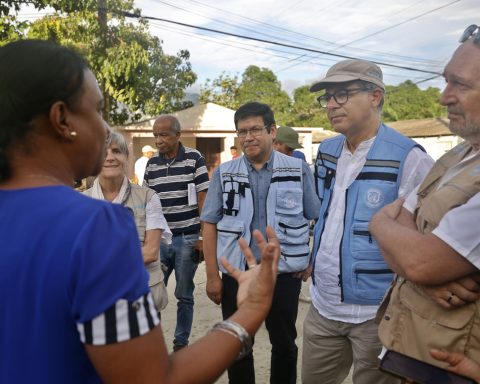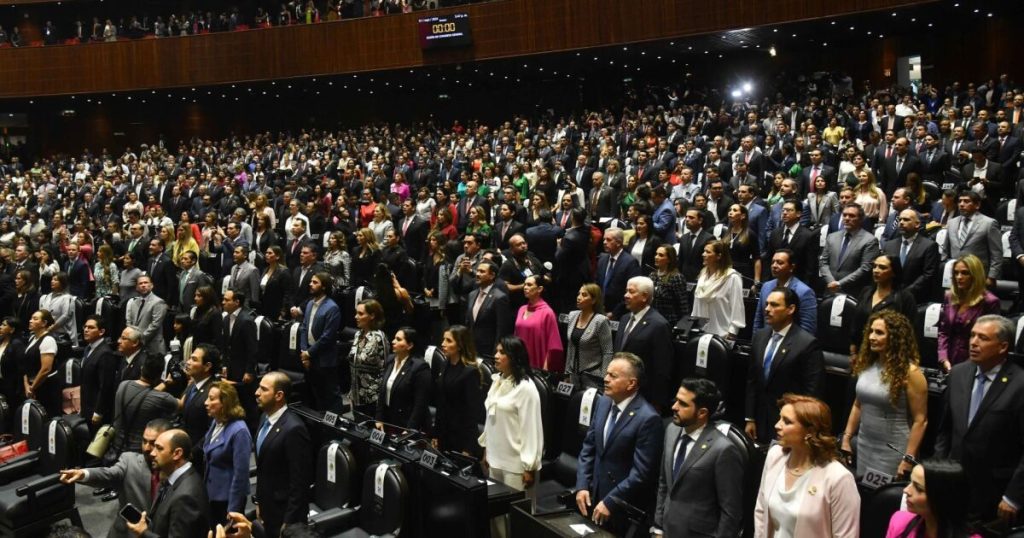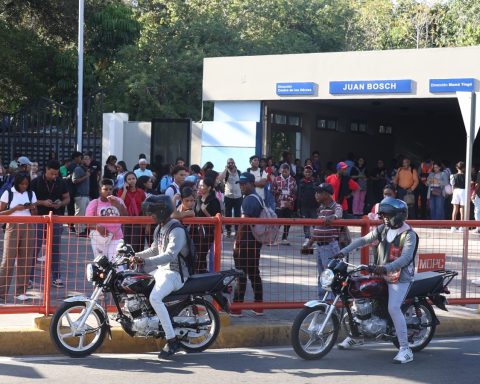MADRID, Spain.- In the context of the Day of Afro-descendants, the Cubalex organization public an analysis revealing a pattern of racial discrimination in sedition sentences handed down following the July 11, 2021 (11J) protests in Cuba. According to the report, Afro-descendants have received harsher penalties compared to their non-Afro-descendant counterparts, reflecting the existence of a racial bias in the imposition of sentences.
According to data collected by Cubalex, people of African descent convicted of sedition They have received sentences averaging 13.63 years in prison, in contrast to the 12.61 years that, on average, are imposed on non-Afro-descendants. This difference, although it may seem small, points to a possible influence of race on the severity of sentences, which could be related to profiling based on what the Cuban State defines as “unfavorable behavior.”
The analysis highlights that the regime considers the lack of participation in political or community activities, the lack of employment and the limitation of social relations as “unfavorable conduct.” “Penalizing the lack of employment or participation in political activities as unfavorable conduct,” Cubalex points out, “disproportionately affects people of African descent,” since “they face structural barriers in accessing employment and education.”
The organisation also stresses that penalties tend to be harsher for those with lower levels of education, a factor that aggravates the situation of people of African descent, the majority of whom only have secondary or pre-university education. Using criminal records as a justification for imposing harsher penalties contributes to perpetuating a cycle of criminalisation that reinforces inequality and racial discrimination.
Cubalex analysis suggests that there is racial profiling in the reviewed sentences, reflecting the structural racism and the deep-rooted discrimination in the Cuban justice system. This finding highlights the urgent need to address racial inequalities in Cuba’s justice system, especially in a context of state repression such as that which followed the popular protests of 11J.
In July 2022, CubaNet addressed in episode 13 of the podcast The Damned Racial discrimination in Cuba, focusing on the testimonies of mothers of Afro-descendant political prisoners, victims of greater abuses due to their skin color. Hosted by journalist Maite Luna and activist Marcel Valdés, the program included the participation of Milagro Escobar, Jenny Taboada and Niurka Rodríguez, mothers of political prisoners.
Milagro Escobar denounced the attacks suffered by her son Yordan Manuel Escobar in El Guatao prison and the denial of prison benefits. Jenny Taboada She criticised the inhumane conditions faced by her son, who was sentenced to 14 years for sedition, and questioned the legality of the proceedings. Niurka Rodríguez recounted how her daughter Yunaikis Linares was unjustly attacked during her detention.
The program also featured Marthadela Tamayo and Osvaldo Navarro, from the Citizen Committee for Racial Integration, who highlighted structural racism in Cuba, especially against Afro-descendants from impoverished neighborhoods, and denounced the government’s intolerance toward those who demand their rights.

















